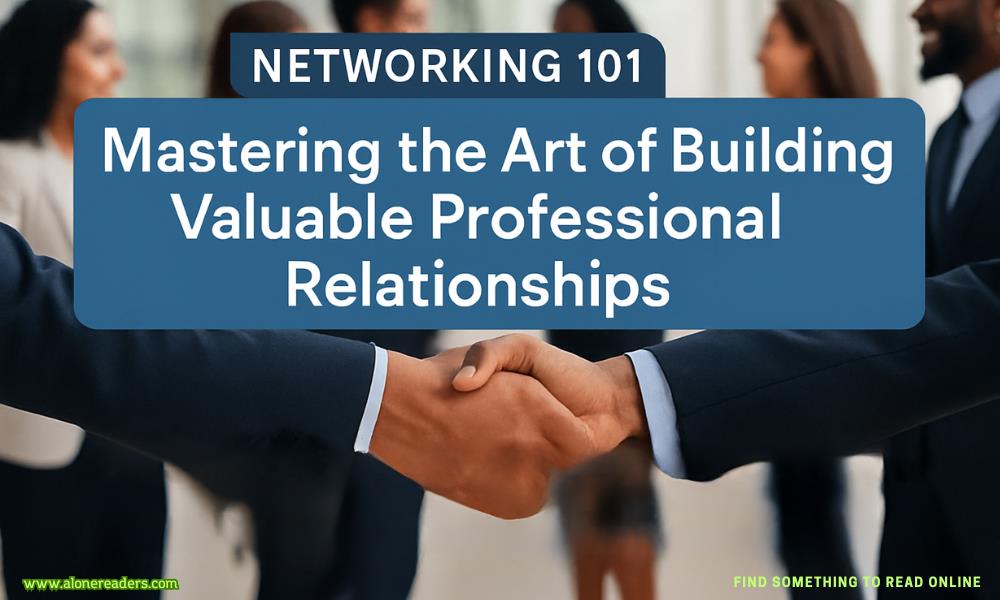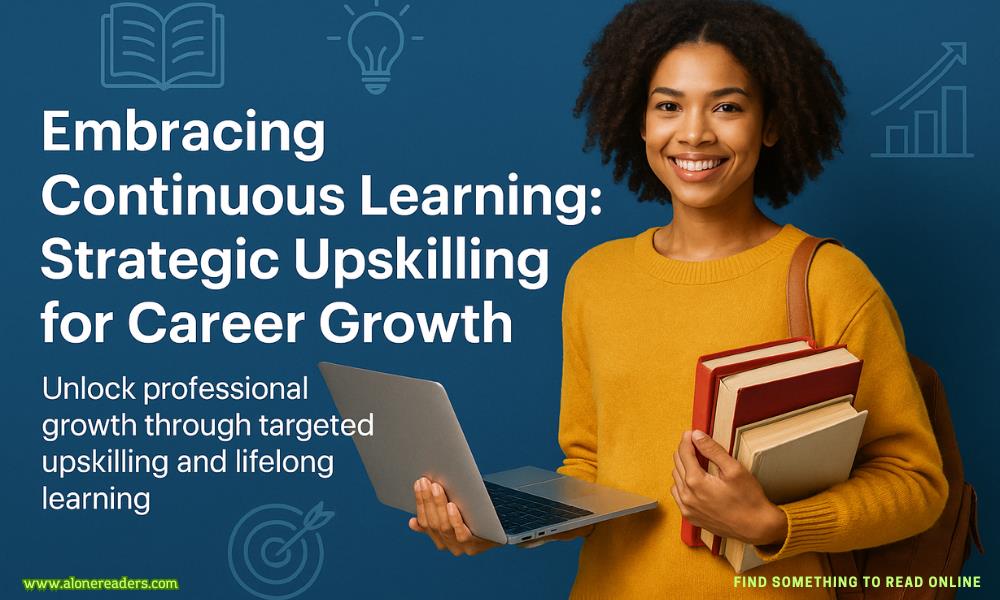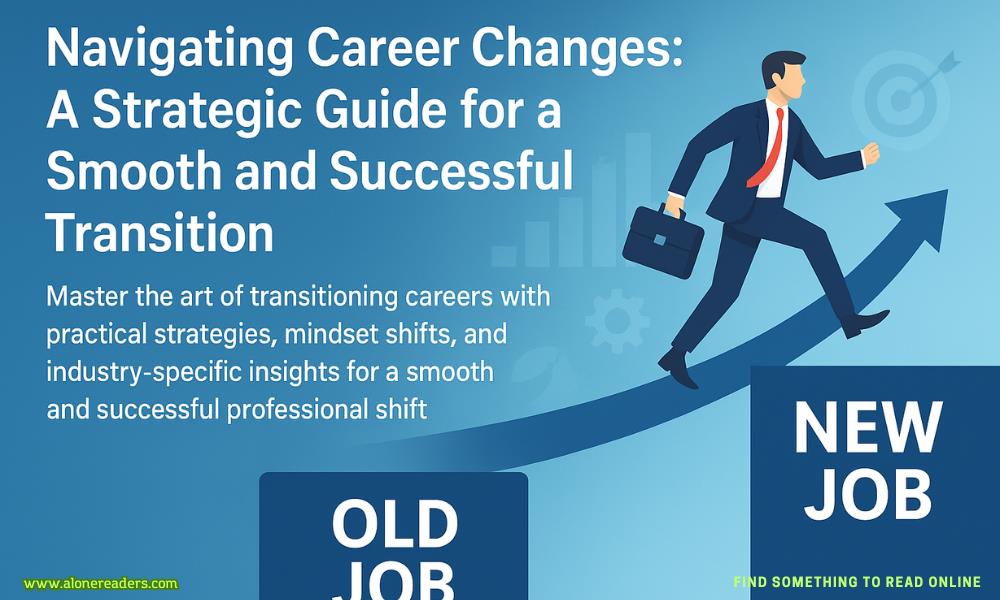Page 87 of Ruined
"Noah—" Matteo starts.
I cut him off. "No, this is on me. She was always going to find a way out. I just made it easier for her."
The guilt settles heavy in my chest. I should have known better. Evelyn isn't just some woman I could keep locked away. She's smart, determined, and willing to sacrifice herself for the people she loves. "She thinks trading herself will save her sister," I say, more to myself than the others. "She doesn't understandwhat Ivan is." I pace along the gate, checking my watch for the tenth time. Every second we waste feels like a knife in my chest.
"We can't just storm the front door," I say, turning to Damiano and Enzo. "Ivan will be expecting that. He'll have Evelyn hidden somewhere deep inside and he'll kill her the moment we breach."
Enzo nods, his face grim. "So what's your play?"
I take a deep breath, forcing my racing thoughts to slow. Think strategically. Think like the phantom everyone fears.
The darkness in this basement is different from any I've known before. Cold, damp, thick with the scent of earth and fear. I've lost track of time since my last exchange with Jessica. The concrete walls press in, making even my whispered taps seem too loud.
No one has come. No footsteps overhead. No shouting. Nothing to indicate what might be happening above us—if Noah has arrived, if Ivan has killed him, whether anyone is coming for us at all
I pull my arms close around my knees, trying to conserve warmth. The chill reminds me of the practice room in our basement growing up. Father had it soundproofed, the walls bare except for a single mirror so I could adjust my posture. Sixhours a day, sometimes more on weekends. I was seven when he installed the lock on the outside.
"Until you get it right," he'd say, closing the door.
I'd play until my fingers bled, until rosin dust coated my clothes, until I could perform Paganini's Caprice No. 24 without a single mistake.
I play my fingers against the concrete now, muscle memory taking over. The sensation transports me back to that room, to the smell of wood polish and rosin, to the weight of my first full-size violin nestled in my collarbone.
Jessica would sometimes sneak down when Father was away. She'd sit cross-legged on the floor, her eyes wide with wonder, not criticism. She'd bring me water, bandages for my fingers, sometimes a cookie stolen from the kitchen.
"Play the pretty one," she'd whisper. She meant Vivaldi'sWinter, the second movement. So different from the technical showpieces Father demanded.
Once, when I was twelve, I refused to practice Tchaikovsky for the eighth hour straight so Father locked the door and turned out the lights saying; "When you're ready to be serious about your future, you can come out."
Jessica found me there, curled up in the dark, my violin clutched to my chest like a shield. She couldn't unlock the door but she sat on the other side all night, tapping messages to me via our code.
I'm here. I'm here. I'm here.
Just like now.
The memory shifts to Moscow. The Bolshoi Theater's grand chandeliers, the smell of French perfume, the weight of expectations. As well as Ivan watching from the wings, his smile promising everything I thought I wanted—freedom from Father's control, international recognition, my own choices.
I should have recognized one cage for another.
I press my palms against my eyes until stars appear. What would that twelve-year-old girl think of me, us, now? Trapped again, but this time walking into confinement by choice. I put Jessica in danger. I fell into bed with a man who kidnapped me.
And now I'm worried about him. Worried Ivan will kill him.
The irony isn't lost on me. I've spent my life in beautiful cages, gilded prisons only with Stradivarius violins instead of bars. From Father to Ivan to Noah. Yet here, in this concrete cell, I finally see the pattern clearly.
My stomach growls, a sharp reminder that I haven't eaten since breakfast at Noah's apartment. The hollow ache spreads through me but I press my lips together. I won't give Ivan the satisfaction of hearing me beg for food. I've learned to endure hunger before—during endless rehearsals, international flights, performances where nerves overrode appetite.
I close my eyes and let my mind drift to better times. Sunday brunch with Michael at Sarabeth's on the Upper East Side. The way he'd always order the lemon ricotta pancakes and insist I try a bite, while I ordered the same thing every time—eggs Benedict with a side of homemade preserve. We'd linger for hours over coffee, talking about music theory and gossiping about orchestra politics.
My mouth waters at the thought of those perfectly-poached eggs, the hollandaise sauce rich and tangy.
Then there were Thursday nights with Jessica at that tiny ramen place in the East Village—Menkoi Sato. The steam rising from bowls of tonkotsu broth, the noodles with just the right chew, the soft-boiled egg soaking up flavor. We'd squeeze into the cramped counter seats, our shoulders touching as we slurped noodles and shared stories about our week.
Jessica always insisted we get the pork buns too. "Life's too short to skip the pork buns," she'd say, already signaling the server.
I'd give anything for one of those buns right now. Anything to know she's truly safe, not just communicating through taps on a wall.
After a performance David used to take me to Employees Only for their bone marrow poppers and perfect martinis with its speakeasy vibe, bartenders in white coats, the way the cocktail shaker's rhythm would remind me of allegretto tempo. I never told him how much I looked forward to those nights—how they felt like liberation after hours of controlled perfection on stage.
- The CEO's Obsession by Emma Bray
- Hardy by Sam Crescent
- Whizz by Sam Crescent
- Forbidden Vows by Shanna Handel
- Dubious Secrets by B. Sobjakken
- The Proposal by J.L. Perry
- Claimed by Lexie Davis
- In His Arms by Lexie Davis
- Breaking the Rules (Roaming Devils MC 1) by Lexie Davis
- Ticket to the Stars: Part Two by Candace Wondrak
- Mafia King's Ruthless Obsession by A.J. Summers
- The Pucking Arrangement by A.J. Summers
- The Invitation by Jodi Ellen Malpas
- Deep End by Ali Hazelwood
- Unexpected Pass by A. Blossom
- Redemption by Lila Dawes







